September 01, 2021
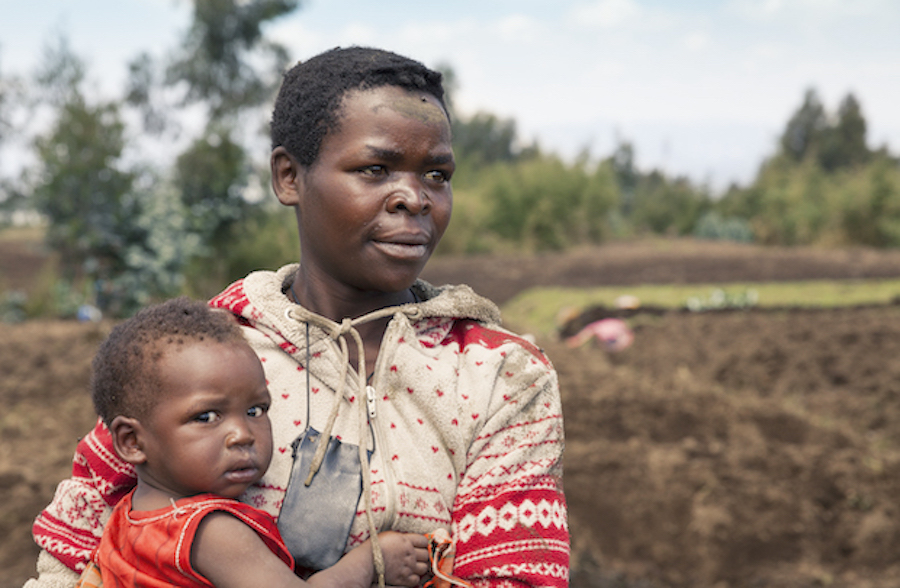
Stock photo. Posed by model.
An ongoing Ciheb Rwanda partnership with UNICEF is tapping into Ciheb’s expertise in continuous quality improvement (CQI) to design strategies and interventions to reduce mother-to-child transmission of HIV at 18 healthcare facilities in the capital city of Kigali.
The project, officially titled the University of Maryland Partnership to Implement Quality Improvement Strategy in Prevention of Mother-to-Child Transmission, has been implemented in collaboration with the Rwanda Ministry of Health (MOH), the Rwanda Biomedical Centre HIV Prevention Unit, and the City of Kigali Public Health and Environment Department.
The overall aim of this project is to reduce maternal-to-child transmission of HIV by continuously improving the quality of services at all entry points within the prevention of mother-to-child transmission (PMTCT) continuum of care during pregnancy, delivery, and breastfeeding. Interventions have focused on adolescents, young and single mothers, and their babies.
PMTCT Challenges in Rwanda
In 2019, UNAIDS estimated that more than 95% of pregnant women were taking antiretrovirals (ARVs) for PMTCT, which helped avert 1,900 new HIV infections due to PMTCT. Despite these successes, there was a discrepancy in the vertical transmission rate (which includes during breastfeeding) of 6.17% from UNAIDS and 1.8% from national program data.
Dr. Jackson Sebeza, the program director for the UNICEF project, cited multiple explanations for the discrepancy, such as a lack of unique patient identifier to track patients, self-referrals, and those lost to follow-up. Dr. Sebeza also said the proportion of pregnant women receiving antenatal care (ANC) during the first trimester is low (38%), and some women don’t test for HIV for the first time until labor.
In response, Ciheb Rwanda proposed two solutions. The first was to build a case-based surveillance system to identify the timing of HIV transmission for any child in the system, and then link that information to when the mother first learned her status.
The second solution was to monitor mother-baby pairs and incorporate the data into the National Health Management Information System (HMIS), which are part of ongoing discussions with UNICEF and Rwanda MOH.
CQI Activities
Across the 18 Kigali healthcare facilities, Ciheb has trained 64 providers so far in CQI and identified 24 (including at least one project per facility) CQI projects to implement related to barriers identified in the PMTCT continuum of care.
ANC visits during the first trimester are an important entry point for PMTCT services, and the proportion of women receiving ANC during the first trimester has increased in the most recent quarter.
Other CQI projects included interventions for improve HIV testing of infants and pregnant and breastfeeding women, family testing of children 2-18 years, and viral load testing.
“We are working to ensure the sustainability of CQI initiatives by supporting the RBC to scale up CQI activities across all high-volumes sites,” Dr. Sebeza said. “We are also using the CQI digital app to monitor district hospital-based clinical mentorship indicators and ensure targets for mentorship and support are met.”
Ciheb trainings have increased the number of health service providers in Rwanda knowledgeable in CQI. In the first few months of the project, only 47% of facilities had at least three trained health service providers on CQI. Despite being trained in CQI, none of these providers had implemented a CQI project before Ciheb support. By December 2020, all 18 facilities could claim at least three CQI-trained providers.
In the final quarter of the project, Ciheb Rwanda will conduct peer learning and experience sharing sessions with proper COVID-19 protocols in place. Ciheb Rwanda will also continue to support CQI projects such that the project’s overall goals for mother-to-child transmission, HIV early infant diagnosis, and other related indicators will improve.
Contact
Center for International Health, Education, and Biosecurity
Institute of Human Virology
Anthony Okoth
Regional Communications Specialist
Related stories
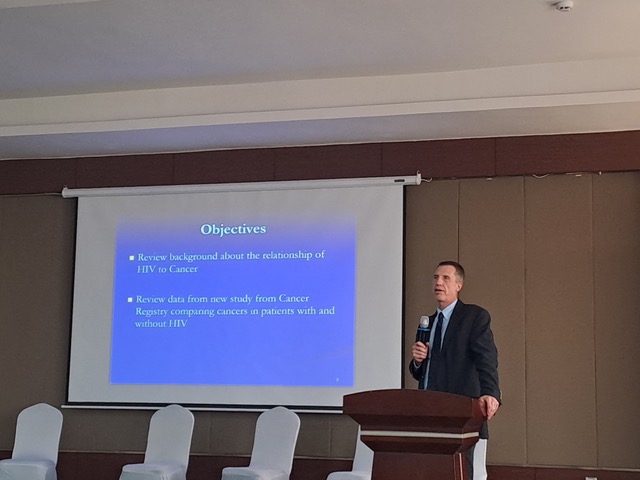
Monday, August 14, 2023
Ciheb Rwanda Takes Part in Cancer Prevention and Control Stakeholders’ Review Workshop
The primary goal of this workshop was to share the advancements made in the implementation of the National Cancer Control Program (NCCP), cancer registry data, and research dissemination. Additionally, the participants discussed challenges and devised joint plans to accelerate cancer prevention and management efforts in Rwanda.
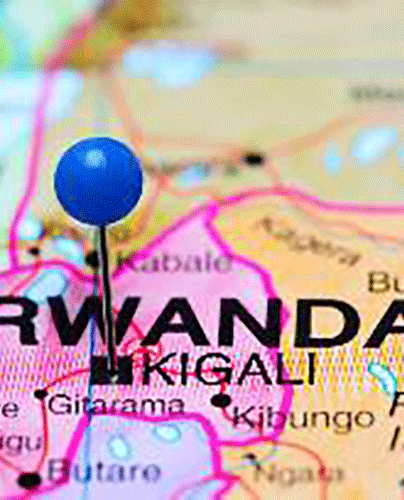
Tuesday, November 15, 2022
NINGO's Strategic Partnership for National Transformation Held in Rwanda
Leadership from the University of Maryland, Baltimore’s (UMB) Ciheb Rwanda attended the Network of International Non-Governmental Organizations (NINGO) forum meeting on the 15th of November at the Kigali Convention Center.
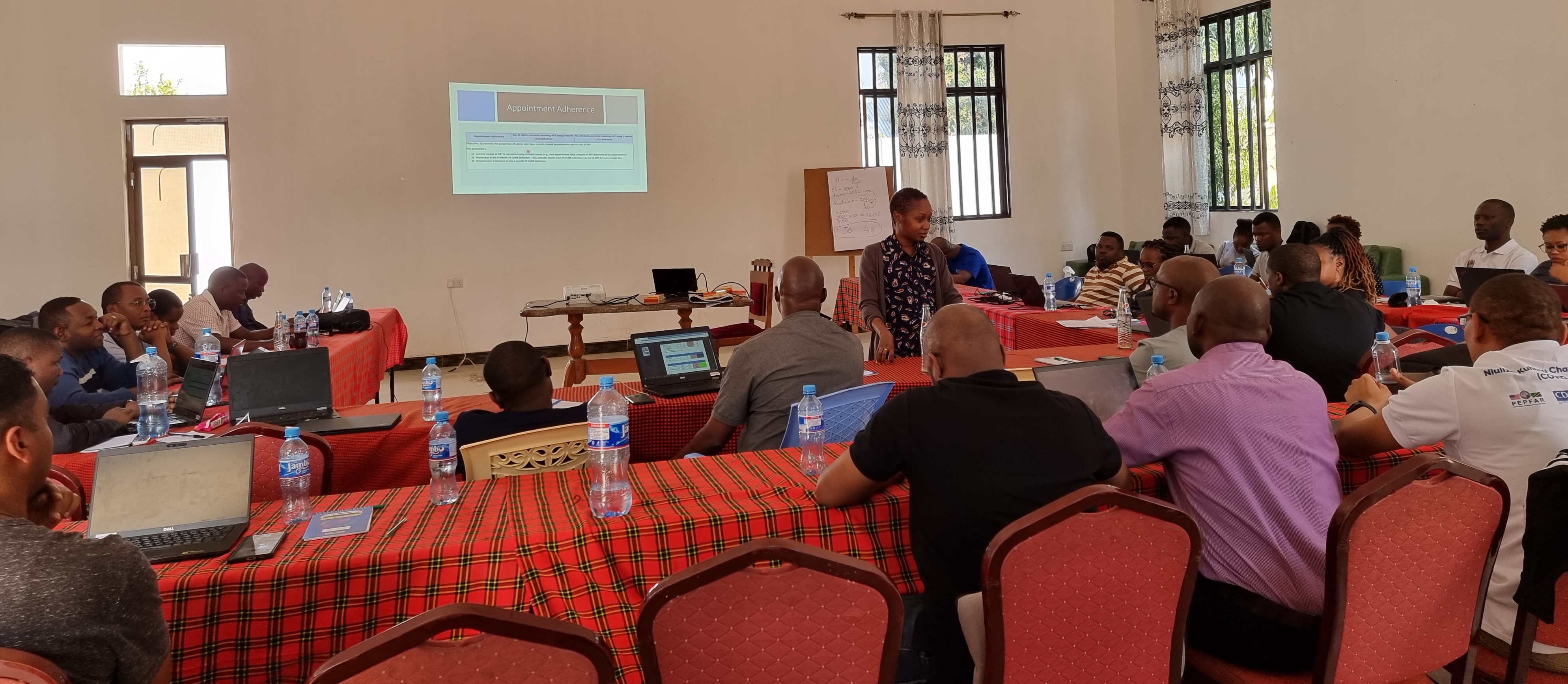
Monday, August 15, 2022
UMB's Ciheb Tanzania Holds CQI Indicators Workshop
Adopting Continuous Quality Improvement (CQI) processes is an approach for accelerating progress towards attainment of the 95-95-95 global HIV targets.
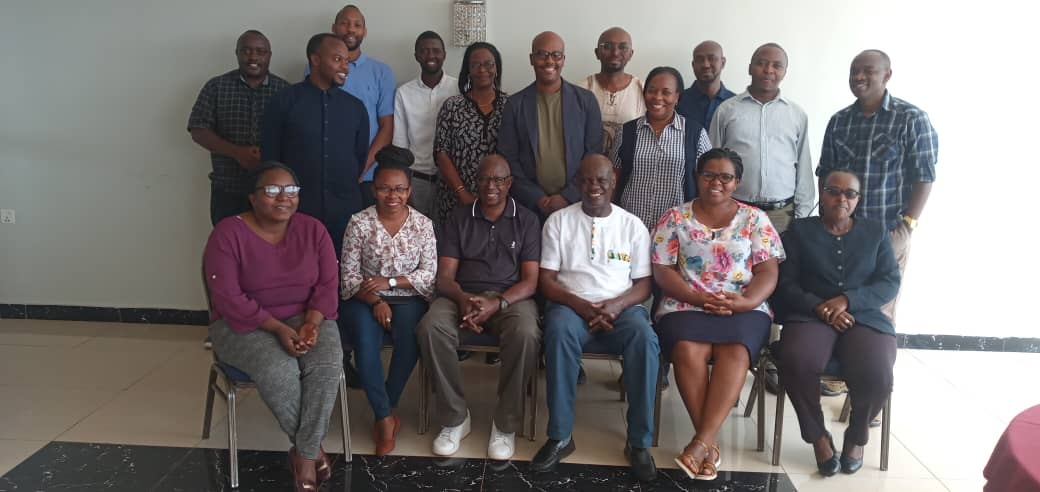
Friday, July 15, 2022
Rwanda takes part in One Health Multi-Sectoral Coordination Mechanism
The One Health approach presents an opportunity for stakeholders, including UMB’s Ciheb Rwanda, to contribute to the management of public health challenges.

Friday, November 19, 2021
Stakeholders Celebrate IMAKAZA’s Contributions to HIV Services in Rwanda
At the closeout workshop for the IMAKAZA project in November, Ciheb Rwanda and project stakeholders recognized IMAKAZA’s numerous accomplishments in HIV programming.

